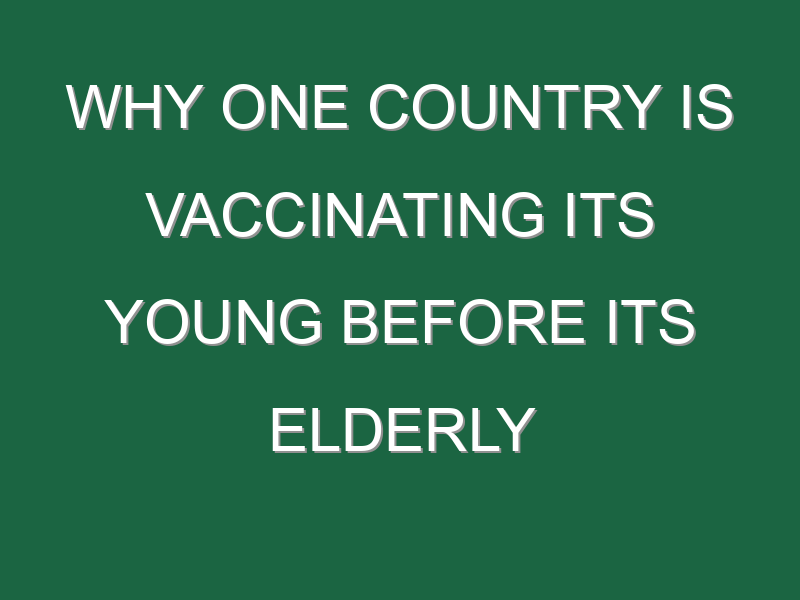Our mission to make business better is fueled by readers like you. To enjoy unlimited access to our journalism, subscribe today.
On Monday, Indonesia’s top drug regulator approved Sinovac’s COVID-19 vaccine for emergency use, and President Joko Widodo is expected to kickstart the country’s vaccination drive later this week by being publicly injected with the vaccine developed by the Chinese drugmaker on national TV.
The approval followed the Friday announcement by the Indonesian Ulema Council, the country’s top Islamic body, that it had deemed Sinovac’s vaccine “holy and halal,” or acceptable under Islam, a critical step in earning trust in the world’s largest Muslim nation.
Indonesia has been one of Asia’s hardest-hit countries in the pandemic, recording nearly 900,000 cases of COVID-19 and nearly 25,000 deaths. Now the country is battling a record wave of COVID-19 infections, reporting over 10,000 new cases per day this week for the first time since the onset of the pandemic.
In starting its ambitious campaign on Wednesday to vaccinate over 180 million people in the next 15 months, Indonesia will join a host of countries across the globe in rolling out jabs that could help end the devastating pandemic. But the vaccination effort of the world’s fourth-most populous nation will stand out, not just because the Sinovac doses earned the ‘halal’ label. Indonesia is also unique in that its inoculation campaign will defy the worldwide trend of targeting the elderly first.
Subscribe to Eastworld for weekly insight on what’s dominating business in Asia, delivered free to your inbox.
In the U.S., the Center for Disease Control (CDC) says that one of the main aims of its vaccine rollout is to “decrease death and serious disease as much as possible.” Therefore, the CDC recommends vaccinating nursing home populations and the facilities’ workers first because they are particularly vulnerable to COVID-19, before rolling vaccines out to those aged 75 and older and other frontline workers. The U.K. is also injecting seniors first in an effort to prevent as many deaths as possible.
In Indonesia, people aged 60 or older account for 40% of the country’s COVID-19 deaths, compared to 36% for those aged 46 to 59, as of mid-December. But in mid-December, Indonesia announced that its vaccine plan would prioritize frontline medical workers and other essential workers and place elderly populations at the end of the line. Indonesia’s health minister told Bloomberg that its vaccine plan would target non-elderly populations first because there wasn’t enough vaccine safety data on elderly populations.
Indonesian officials say that this strategy will help limit the spread of COVID-19 faster, given that younger populations are more prone to socializing. There is also some evidence that suggests young people spread COVID-19 at a higher rate than their older peers. Experts have cautioned that inoculating younger people first may help slow the spread of the virus, but it might not bring down COVID-19 fatalities among the country’s elderly.
Nicholas Thomas, professor of health governance at the City University of Hong Kong, says the economy is likely a motive in the strategy too.
“The decision to target the working-age population is indicative of the Indonesian government’s urgent need to restart its economy,” said Thomas. “National poverty and food insecurity are both expected to jump by double-digits this year. [By] getting the country back to work faster, the government is trying to mitigate these negative trends.”
In 2020, Indonesia’s economy entered a recession for the first time in two decades, shrinking 5.3% and 3.5%, respectively, in the second and third quarters. Overall, the economy is expected to shrink by a projected 1-2% in 2020.
Indonesian authorities said they approved Sinovac’s vaccine Monday after reviewing clinical data from phase III trials in Indonesia, Turkey, and Brazil.
Last week Brazilian authorities said Sinovac’s vaccine was 78% effective in preventing COVID-19 infections, but didn’t publicly disclose data to back up its claims.
Indonesia has been the most candid thus far in pursuing a more youth-oriented vaccination strategy, but it may not be the only country to do so.
China, for example, reportedly launched a campaign in December to inoculate 50 million people before the start of Chinese New Year in February, and reports from local governments indicate that China is, for now, only inoculating working-age groups.
More health care and Big Pharma coverage from Fortune:
- Vaccinating the world against COVID is off to a slow start. These firms think A.I. and blockchain could help
- Timeline: From the first coronavirus cases to the first vaccinations
- It’s the New Year, and pharma companies are already hiking prices for popular drugs
- Commentary: In the COVID vaccine rollout, our expectations don’t match reality
- The COVID recession may kill more Americans than COVID-19 does




